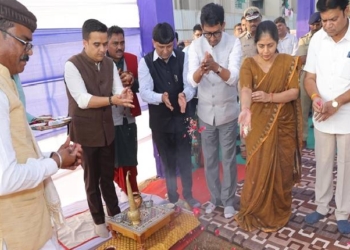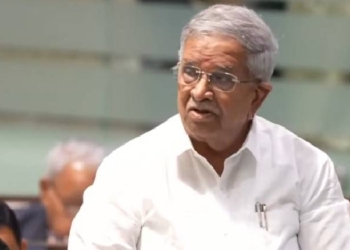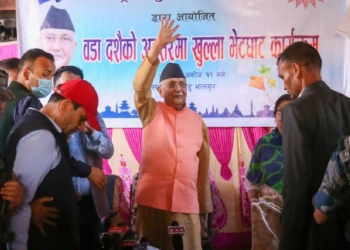Bhubaneswar: India remembers Rabindranath Tagore’s rich cultural legacy on the occasion of his 163rd birth anniversary. Tagore was born on May 7, 1861, in Jorasanko Thakur Bari, Kolkata, West Bengal to parents Debendranath Tagore & Sarada Devi.
Since childhood, Tagore had a deep inclination towards literature and art. Due to his exposure to an aristocratic lifestyle since his childhood, he became a connoisseur of the finest forms of literature which were widely popular during the Bengal Renaissance movement.
He was deeply influenced by his siblings Satyendranath Tagore, Jyotirindranath Tagore, Swarnakumari & Hemendranath Tagore. Especially, Hemendranath who was instrumental in giving him real-life lessons which included physical activities such as swimming, trekking, gymnastics, judo and wrestling.
Tagore was an explorer of life, which is reflected in his works. His depth of knowledge in Sanskrit, allowed him to dive deeper into the texts of the poet Kalidasa which broadened the canvas of his perspective about life. He was also influenced by the teachings of Gurbani during his one-month stay at Amritsar in 1873 and has written six poetries related to Sikhism as well as articles in Bengali children’s magazines.
After spending his youth hood exploring the Indian subcontinent and different cultures, he finally settled with his family in the famous Santiniketan Ashram in 1901, which had been a place of solace since his childhood. Tagore started an experimental school within the tranquil environment of the ashram where students acquired knowledge through experience rather than traditional methods.
His world-famous collection of poetry “Gitanjali” was translated into English as “Song Offerings” in the year 1912, which subsequently fetched him a Nobel Prize for literature in 1913, making him the first non-European and the first Asian to receive the prestigious prize. He was also awarded a knighthood by King George V in 1915 which he returned in 1919 after Jallianwala Bagh Massacre.
Apart from all his achievements and contributions towards the rich literary and artistic heritage of India, Tagore is widely remembered for his composition “Bharto Bhagaya Bidhata” which he composed in 1911. The first stanza of the Bengali composition was adopted as the National Anthem of India, “Jana Gana Mana” (‘Thou Art The Rulers of Minds of All People’).
Rabindranath Tagore left all Indians deserted after passing away at the age of 80 on August 7, 1941, in Calcutta, British Presidency, West Bengal, India.
















